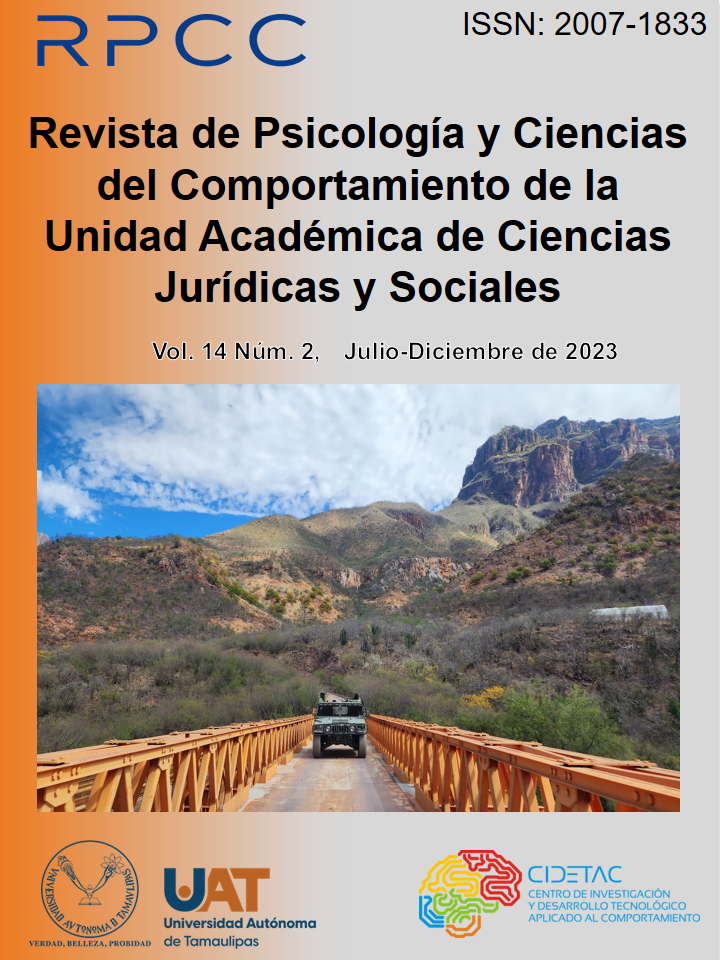Cause, autonomy of the will and principle of individuation
DOI:
https://doi.org/10.29059/rpcc.20231201-167Abstract
The concept of cause of contracts has been improperly addressed since Domat, causing a state of unintelligibility and legal doctrines that deem the cause irrelevant, excluding it from legal thinking, or excessively important, justifying an excessive intervention of the market. This paper aims to incorporate to this legal discussion some psychological elements to guide the understanding of this concept, its relation with the autonomy of the will and, as a consequence, the adequate kind of governmental intervention. Based on Joaquín Dualde’s ideas, I affirm that consent is the cause of contracts, and that the Law should look at the causes of such cause, that is to say, those elements and events which when manifested, configure the contract. I analyze the irrational elements of this configuration and, finally, based upon the Humanistic Psychology perspective and the individuation principle proposed by Carl Jung, I consider the possibility of effectively strengthening the effective freedom of people.
Downloads
Published
Issue
Section
License

This work is licensed under a Creative Commons Attribution-NonCommercial-ShareAlike 4.0 International License.
Those authors who have publications with the Journal of Psychology and Behavioral Sciences of the Academic Unit of Legal and Social Sciences, accept the following terms:
a. The authors will retain their copyright and guarantee the journal the right to first publish their work, which will be simultaneously subject to the Creative Commons Attribution-NonCommercial-Share Alike 4.0 International License. which allows third parties to share the work as long as its author and his first publication are indicated this journal.
b. Authors may adopt other non-exclusive license agreements for the distribution of the version of the published work (e.g., deposit it in an institutional telematic archive or publish it in a monographic volume) provided that the initial publication in this journal is indicated.
C. Authors are allowed and recommended to disseminate their work through personal communication (e.g. colleagues) before and during the submission process, for purposes of feedback or enrichment of the work, which can produce interesting exchanges








